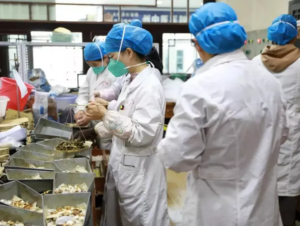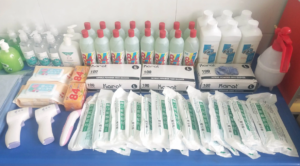
New crown key cause of loss of sense of smell found
A group of scientists at Duke University Medical Center says the reason some people fail to regain their sense of smell after being infected with Neocrown is related to the continued immune attack on olfactory nerve cells and the reduced number of associated cells. The findings, published online 21 in the journal Science Translational Medicine, provide an important perspective on the thorny question that has plagued millions of people infected with Neocrown.
While focusing on the loss of smell, the findings also shed light on the potential causes of other “chronic neocon” symptoms, including generalized fatigue, shortness of breath and brain fog, which may be triggered by similar biological mechanisms.
According to the researchers, one of the first symptoms commonly associated with neoconiosis infection is a loss of smell. Many people with altered sense of smell during the acute phase of viral infection will recover within one to two weeks afterward, but some will not, which requires a better understanding of why this group of people will continue to lose their sense of smell for months to years after contracting New Crown.
The joint research team, which included Duke University, Harvard University and the University of California, San Diego, analyzed olfactory epithelial samples collected from 24 biopsies, including nine patients who had long-term loss of smell after getting Neocoron.
This biopsy-based approach revealed extensive infiltration of T cells involved in the inflammatory response in the olfactory epithelium, the tissue that houses olfactory nerve cells. This unique inflammatory process persisted despite the absence of detectable viral titer levels reaching a confirmed diagnosis of neocoronary pneumonia.
In addition, the decrease in the number of olfactory sensory neurons may be due to the destruction of delicate tissues by ongoing inflammation. According to the researchers, “It’s almost like an autoimmune-like process in the nose.”
The researchers were encouraged by the fact that the neurons seemed to maintain some ability to repair even after the prolonged immune attack. The researchers hope that modulating the abnormal immune response or repair process within the noses of these patients could help at least partially restore the sense of smell.


Average Rating